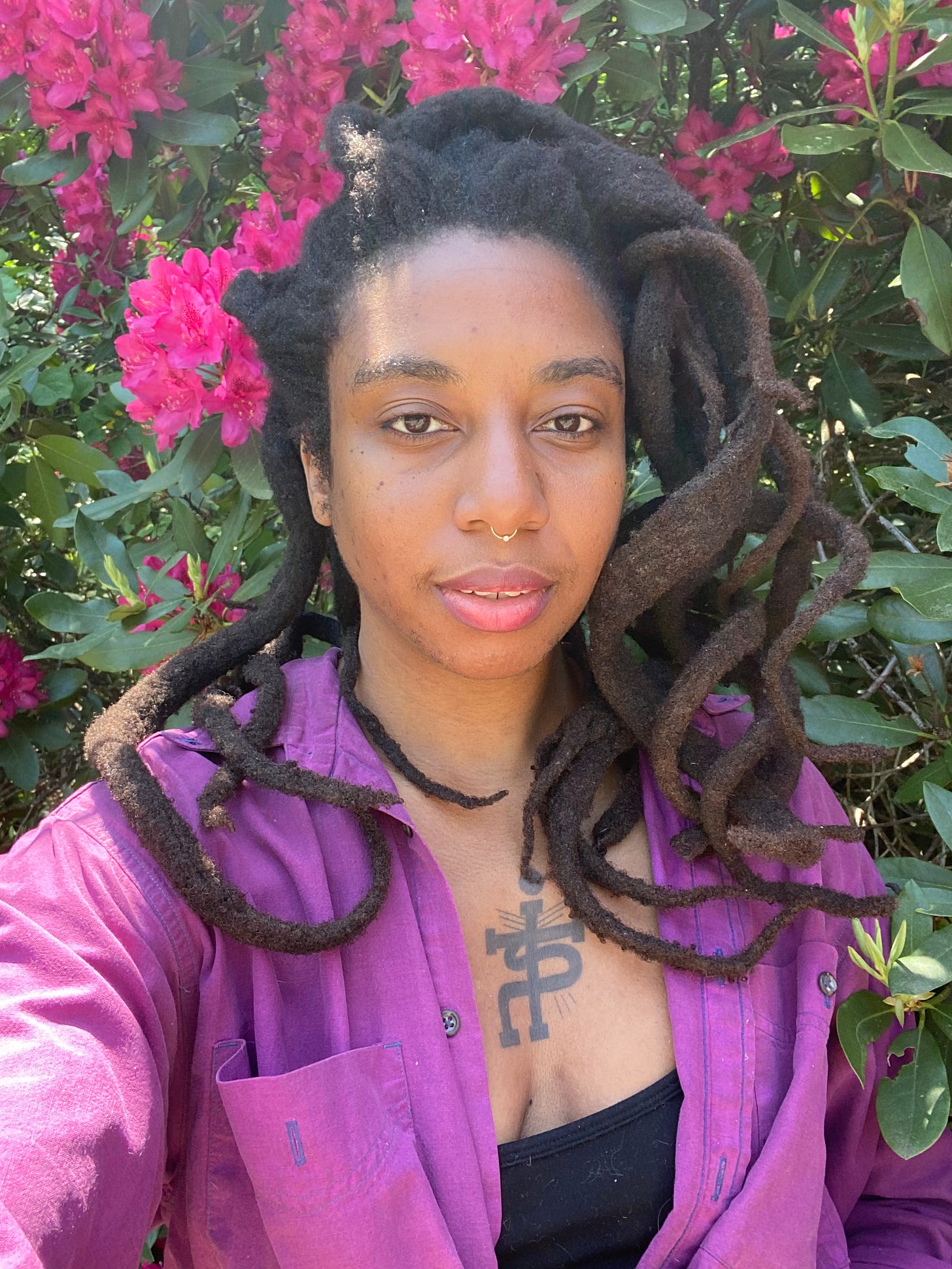White Women Who Tell Me I Look Like Medusa.
Earlier this week, I was strolling through a college library when a white woman flagged me down.
She smiled widely and got this sensational look in her eyes as she unraveled her story: “I saw you on the lawn the other day, and just that night I had a dream about Medusa. I woke up and wrote about it, and then I saw you with your hair and I was like Wow! I…



